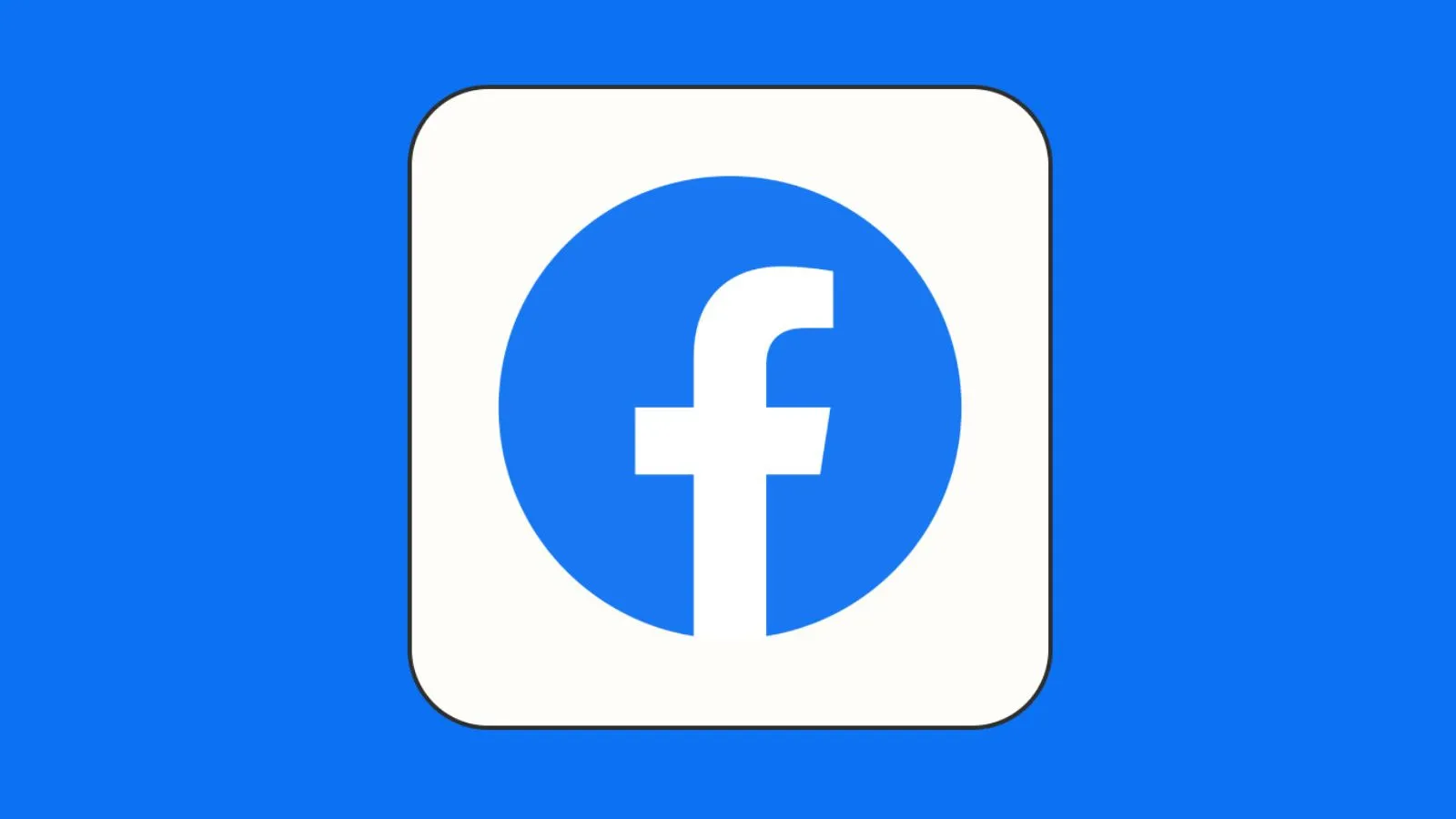Facebook, now known as Meta Platforms Inc., stands as a monumental force in the digital age. Launched in 2004 by Mark Zuckerberg and his college roommates, Facebook has evolved from a simple social networking site into a global technology conglomerate.
This blog post delves into the evolution of Facebook, its impact on society and technology, its challenges and controversies, and its future direction.
The Birth of Facebook
Founding and Early Development
Facebook was created by Mark Zuckerberg, Eduardo Saverin, Andrew McCollum, Dustin Moskovitz, and Chris Hughes while they were students at Harvard University. Originally intended as a campus networking tool, Facebook quickly expanded beyond Harvard and into other universities, reflecting its growing popularity.
- Launch Date: February 4, 2004
- Initial Purpose: A social networking platform for Harvard students
Expansion and Growth
Facebook’s growth trajectory was rapid. It expanded from Harvard to other Ivy League universities, and then to universities across the United States and Canada. By the end of 2004, Facebook had gained over one million users, marking the beginning of its global expansion.
- 2005: Facebook added features like the “Groups” and “Pages” for organizations and businesses.
- 2006: The platform became available to the general public, further accelerating its growth.
Key Features and Innovations
The News Feed
Introduced in 2006, the News Feed revolutionized how users interact with content on Facebook. It aggregates posts, status updates, and activities from friends and pages, offering a personalized stream of updates.
- Impact: Increased user engagement by keeping content fresh and relevant.
The Like Button
The introduction of the “Like” button in 2009 provided a way for users to express approval or appreciation of posts without having to comment.
- Impact: Changed the way users interact with content and influenced social media metrics.
Messenger App
In 2011, Facebook launched Messenger as a standalone app. It allowed users to send private messages and engage in conversations separate from the main Facebook app.
- Impact: Enhanced communication options and led to the development of additional features like video calls and group chats.
Marketplace
Facebook Marketplace, launched in 2016, allows users to buy and sell items locally. This feature taps into the growing trend of e-commerce and peer-to-peer transactions.
- Impact: Expanded Facebook’s utility beyond social networking into commerce.
Impact on Society
Social Connectivity
Facebook has played a crucial role in connecting people worldwide. It has allowed users to maintain relationships, share life events, and stay informed about global and local news.
- Statistics: As of 2023, Facebook has over 2.9 billion monthly active users.
Influence on Communication
The platform has changed the way people communicate. Features like status updates, photos, and videos enable users to share their lives in real-time, shaping modern communication practices.
- Impact: Facilitated new forms of self-expression and community building.
Impact on Business and Marketing
Businesses have leveraged Facebook’s advertising tools and analytics to target specific audiences and measure campaign effectiveness. The platform has become a critical tool for digital marketing.
- Tools: Facebook Ads, Business Pages, and Insights provide businesses with valuable data and engagement opportunities.
Challenges and Controversies
Privacy Concerns
Facebook has faced significant scrutiny over user privacy and data security. The Cambridge Analytica scandal in 2018 revealed how user data was harvested for political advertising, leading to widespread criticism.
- Response: Facebook implemented stricter data privacy policies and enhanced security measures.
Misinformation and Fake News
The spread of misinformation and fake news on Facebook has been a major concern. The platform has been criticized for allowing false information to spread rapidly and influence public opinion.
- Response: Facebook has introduced fact-checking partnerships and content moderation efforts to combat misinformation.
Regulatory Scrutiny
Facebook has faced increasing regulatory scrutiny from governments around the world regarding data privacy, antitrust issues, and content moderation.
- Examples: The European Union’s General Data Protection Regulation (GDPR) and various antitrust investigations.
The Evolution to Meta
Rebranding as Meta
In October 2021, Facebook rebranded as Meta Platforms Inc. This shift reflects the company’s focus on developing the “metaverse,” a virtual reality space where users can interact in a more immersive digital environment.
- Metaverse Vision: A next-generation internet that combines virtual and augmented reality.
Investment in the Metaverse
Meta has invested heavily in the development of virtual reality (VR) and augmented reality (AR) technologies. Projects like Horizon Workrooms and Oculus VR represent Meta’s commitment to creating immersive digital experiences.
- Future Projects: Expansion into virtual workplaces, social spaces, and interactive entertainment.
Future Directions and Innovations
Advances in Artificial Intelligence
Meta is exploring the use of artificial intelligence (AI) to enhance user experiences, content moderation, and advertising. AI technologies are being integrated to improve the accuracy of recommendations and personalize user interactions.
- Applications: Enhanced content discovery, improved ad targeting, and advanced moderation tools.
Development of New Technologies
Meta is working on various technologies, including advanced VR and AR devices, to support its vision for the metaverse. Innovations like augmented reality glasses and more sophisticated VR headsets are on the horizon.
- Products: Project Cambria, a high-end VR headset, and ongoing research in AR glasses.
Enhancing User Experience
Meta aims to improve user experience by integrating new features and optimizing existing ones. This includes refining the News Feed algorithm, enhancing privacy controls, and expanding interactive features.
- Goals: Increased engagement, improved content relevance, and enhanced security measures.
Conclusion
Facebook’s evolution from a college project to a global technology leader reflects its adaptability and impact on society.
As Meta Platforms Inc., the company continues to innovate and shape the future of digital interaction.
While it faces challenges and controversies, its influence on social connectivity, communication, and business remains profound.
The future of Meta holds exciting possibilities with its focus on the metaverse and advanced technologies, promising to redefine the digital landscape.
References and Sources
- Meta Platforms Official Website
- Cambridge Analytica Scandal Overview
- General Data Protection Regulation (GDPR)
- Meta’s Metaverse Vision










